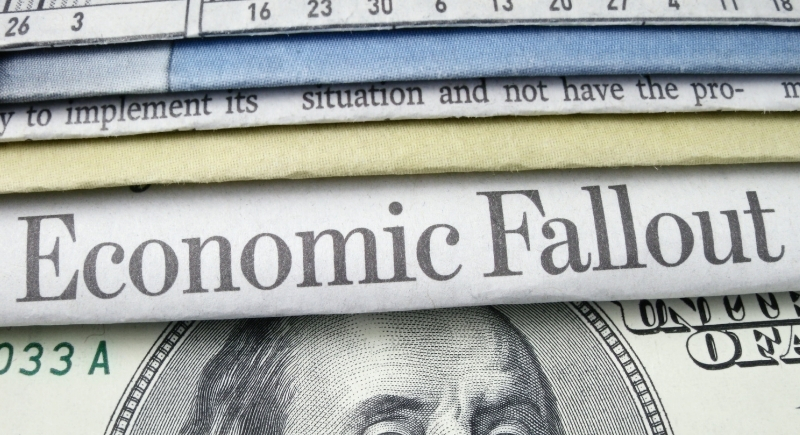The Powerful Argument for Why Burnout Is Different for Millennials and Gen Z
Working long hours only to make little progress is one of the most draining realities today. For Millennials and Gen Z, steady jobs and years of paychecks don’t guarantee being debt-free or being able to afford rent, with inflation eating away at it. Instead of building stability, many are still sharing apartments or postponing milestones. That’s the core reason for burnout among younger workers.
The Weight Of Diminished Returns
Older generations worked hard, too, but their effort was fueled by the hope that it would come with results. As Suzy Welch, a professor at New York University, explains, they had hoped that their hard work would lead to homes, security, and retirement. In the case of Gen Z and Millennials, it doesn’t feel like the reward system is worth their effort. They are putting in the same hours as the older generation under tougher conditions, yet finding that advancement is uncertain.
Burnout has been steadily rising since 2021, and younger workers carry much of that load. Gallup found that only 31 percent of employees under 35 say they’re thriving. Surveys show nearly half of workers under 30 feel depleted most of the time. The financial side sharpens the picture as Gen Z graduates enter the workforce with an average personal debt of about $94,000. Plus, many pay around $526 a month—nearly double the national average.
Housing adds more strain. Between 1960 and 2017, housing costs rose 121 percent while household income grew only 29 percent. The mismatch leaves 87 percent of Gen Z and 62 percent of millennials unable to buy homes. Instead, many with degrees remain in shared rentals well into their 30s and delay families or skip milestones altogether. In video clips circulating online, young people point out that after earning $300,000 to $400,000 over five years, they’ve still ended up deeper in debt than when they started.
Generational Expectations Collide
Millennials entered adulthood believing education and persistence would secure their futures. Instead, many ran into recessions, rising housing costs, and an unforgiving job market. They still believe that work defines identity, which makes the lack of payoff sting even more.
Gen Z saw this unfold and entered the workforce already skeptical. For them, the issue is starting out in a system that’s stacked against them. They’re dealing with soaring costs of living, climate anxiety, political turbulence, and the lingering effects of the pandemic while being told to prove themselves. The result is generational tension.
Older workers recall climbing the ladder with steady progress, while younger ones question if the ladder leads anywhere. Surveys reveal that more than half of young adults believe they’ll end up poorer than their parents, a belief that fuels exhaustion faster than any full calendar.
A Broader Cost

Image via Getty Images/LilliDay
Burnout has economic fallout, too. Gallup estimates it drains $322 billion from businesses each year through lost productivity and drives healthcare costs up by as much as $190 billion.
Millennials often juggle dual roles as both parents and caretakers for aging relatives. Gen Z is setting boundaries early in their careers by pushing back against endless availability. Both approaches show a cultural shift in the workplace that employers cannot ignore.
Burnout for millennials and Gen Z is about working hard in an economy where rewards are harder to reach. When the finish line keeps moving further away, it’s no wonder the race feels impossible.